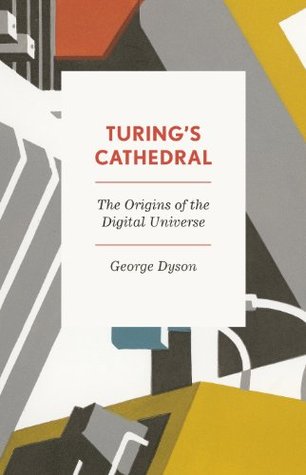To compensate for these inefficiencies, processors execute billions of instructions per second. How can programmers supply enough instructions—and addresses—to keep up? Bigelow viewed processors as organisms that digest code and produce results, consuming instructions so fast that iterative, recursive processes are the only way that humans are able to generate instructions fast enough.
Welcome back. Just a moment while we sign you in to your Goodreads account.


